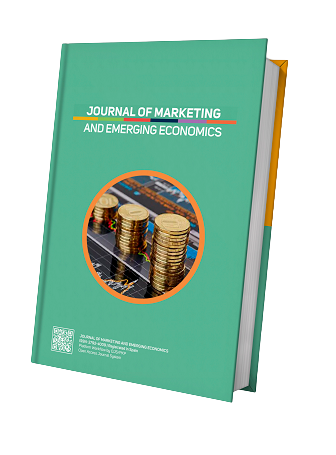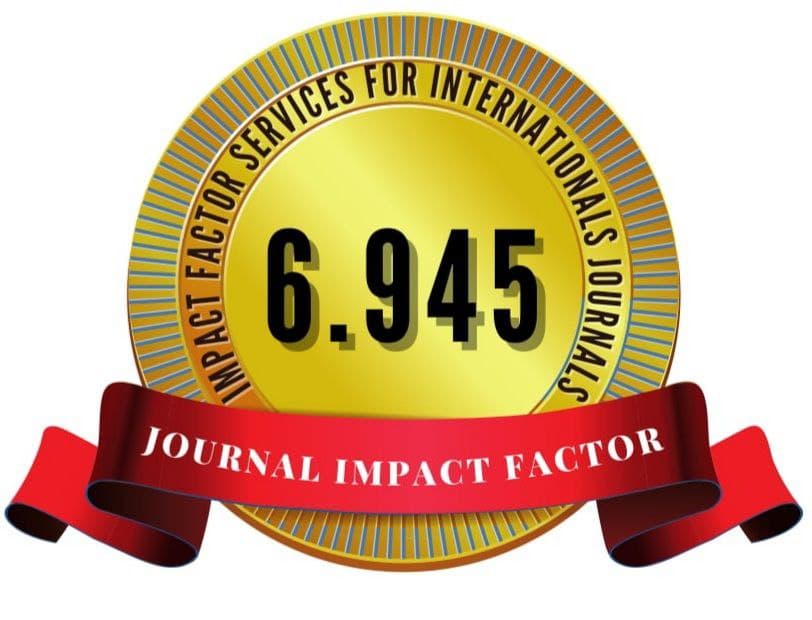Programmable Money and the Post Industrial Society
Keywords:
Central Bank Digital Currencies, Programmable Money, Blockchain, Distributed Ledger Technology, Monetary Policy, Economic Policy, Social Credit System, Banking, Society, CryptocurrencyAbstract
There has been discussion over the potential impact that blockchain might have on central banks and the future of monetary policy. This paper examines the socio-economic make up and monetary dimensions of the post industrial society, the growing friction caused by the swelling of political superstructures and the concomitant weakening of effective market mechanisms. A deeper exploration of the possible avenues for governments and central banks to hold control over their populations through the establishment of central bank digital currencies and the utilisation of distributed ledger technology are probed; as is the architecture of regulators, government and commercial banking when contrasted with political and governmental and central banking structures and existing forms of state control such as quantitative easing, the Chinese social credit system and the upward flow of private information from the intermediary layer between central banks and consumers. From this, it can be discerned that users of digital currencies would have greater control over the safety of their personal and financial information if there was no need for a third party to mediate the transaction. However, as numerous governments race to keep pace with a growing digital asset ecosystem, countries that have strong ties between their government, central bank, and commercial banking system are more likely to act first, with the support of their authority to halt or regulate cryptocurrency trade before forming a CBDC.






